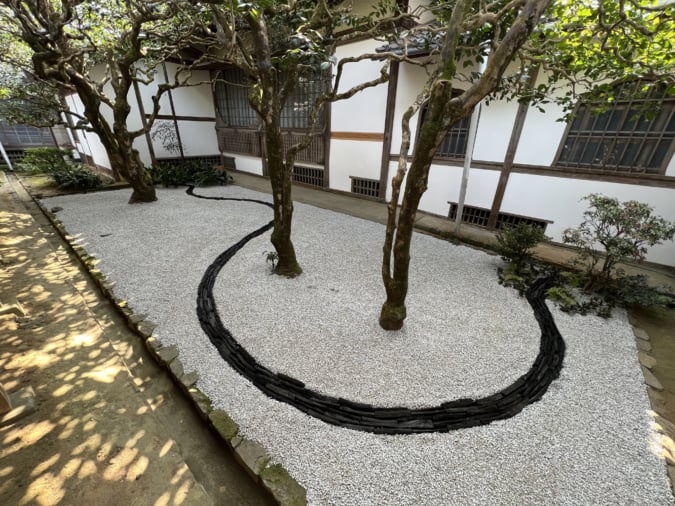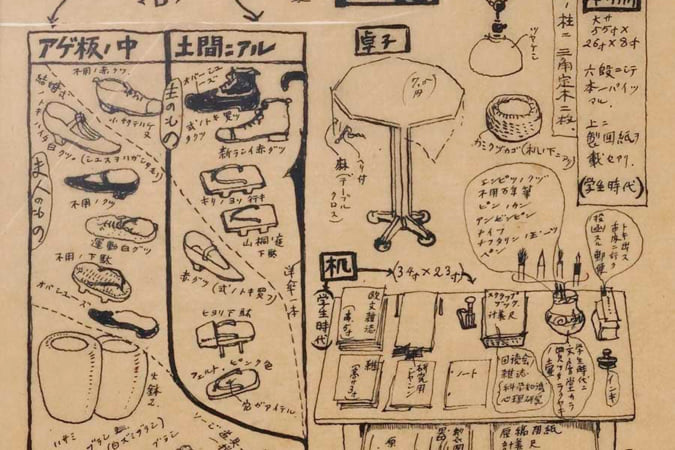Ryoji Ikeda’s Data-verse
At his largest ever European solo exhibition, the acclaimed audio-visual artist's newest works measure unfathomable scales of life.
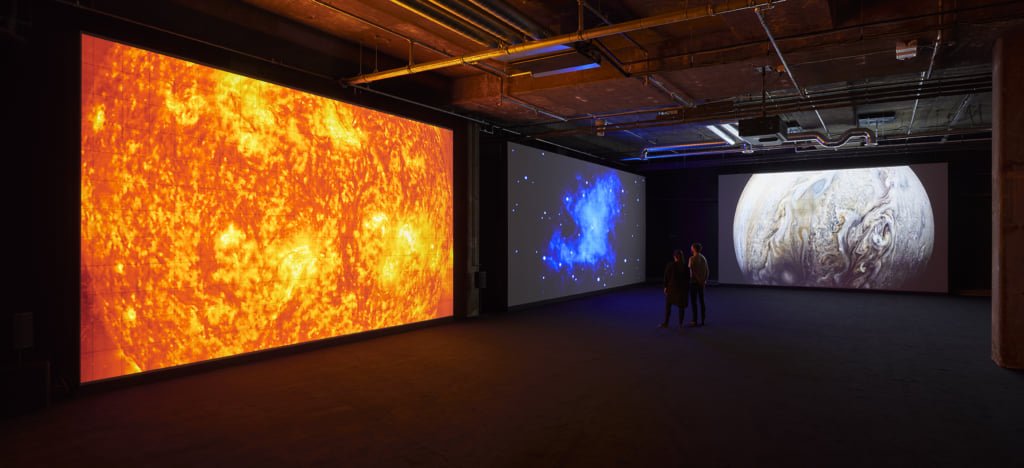
© Jack Hems, 180 The Strand, 2021.
In the dynamic spaces of London’s 180 The Strand, Ryoji Ikeda’s audio-visual installations immerse visitors in new cosmic extremes. In between bright flashes, planetary systems drift slowly, and with each blast of sound there is movement from biological cell, to circuit board, to black hole. As numbers pulse next to white noise, Ryoji Ikeda’s digital universe questions limits—of technological research and the capacities of human knowledge.
Curated by The Vinyl Factory, FACT Magazine, and Audemars Piguet Contemporary, RYOJI IKEDA exhibits many unforeseen multi-media works from 2021, making it the artist’s largest ever European solo exhibition to date. As a leading figure in contemporary art known for fusing data-driven research with sound and moving image, his recent pieces at 180 The Strand amount to a conclusive representation of his endeavours and summarise a relentless curiosity that guided his career.
Code of the Cosmos
Ryoji Ikeda uses programs and algorithms as a part of his audio-visual language, speaking monolithically through barcodes and binary systems. Like the previously acclaimed test pattern—of which an updated site-specific version is also on display—self-written programmes calculate various data sets, such as the movement of visitors, into sound and light. This time, in new works like the Data-verse trilogy, the artist delves into greater intricacy within the scientific details of the world, incorporating the mathematical information underlying cosmology, quantum physics, or the structure of DNA. With sublime imagery punctuated by digitalised acoustics, the result is an astonishingly kaleidoscopic encounter in which audiences are taken to sensual limits.
With a background in electronic music, Ryoji Ikeda’s capacity to orchestrate the unfathomable scales of natural phenomena learns from IDM (Intelligent Dance Music)’s cerebral rhythms. Having begun his career as a DJ in 1990, he previously toured a highly visual stage performance to accompany his album 1000 fragments and gradually came into contact with the names of Kyoto’s Fine Art scene. His projects have grown to involve greater iterations of algorithmic data into sound since then, and he has released books and CDs to accompany his work.
Statistical Affect
Ryoji Ikeda seems to take up the torch of bold experimentation within the Japanese avant-garde. Minimalist aesthetics follow a historical lineage in conceptual art, from Fluxus to Mono-ha, while the liminality of his digital sound expands on an obsession with technological noise by Japan’s underground musicians. But above all, in his religious measuring of natural phenomena, he may be hailed as a present day On Kawara—a 1960 conceptual artist who meticulously hand-painted the date on monochromatic canvases throughout his entire life—within the cosmic horizons of up-to-date scientific research.
In the painstaking detail taken by the artist to measure the philosophies of science, viewers may come to notice an inevitable underlying tension, between fact and emotion, or even, within muted meditations, a hidden desire for transcendence. Despite all these levels of analyses, what may be finally moving in Ryoji Ikeda’s works is their surprisingly affective dimensions.
RYOJI IKEDA will be exhibited at London’s 180 The Strand from 20 of May until 1 August 2021.
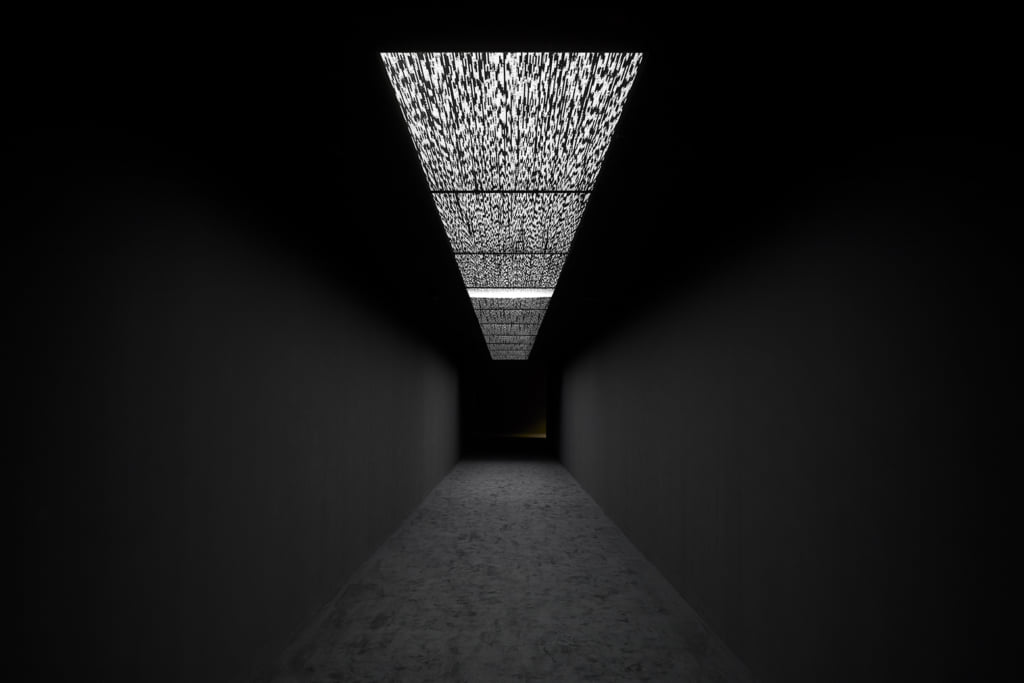
© Jack Hems, 180 The Strand, 2021.
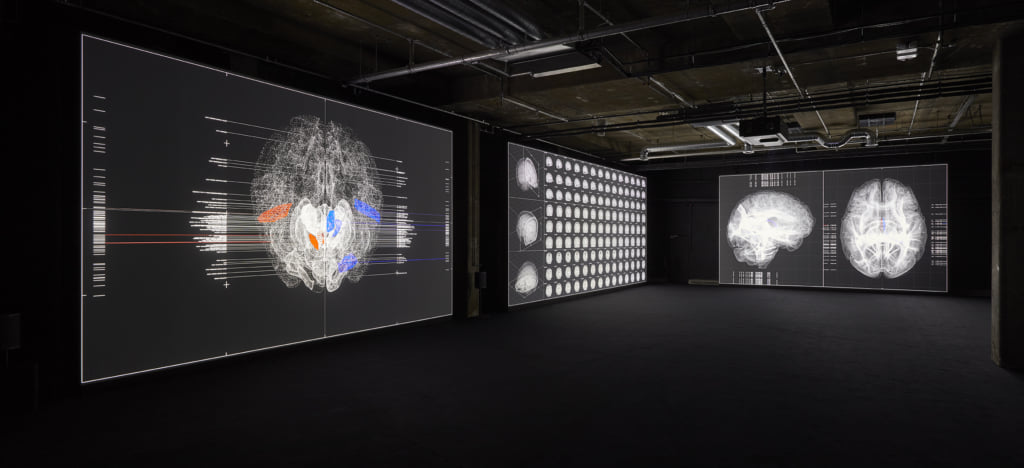
© Jack Hems, 180 The Strand, 2021.
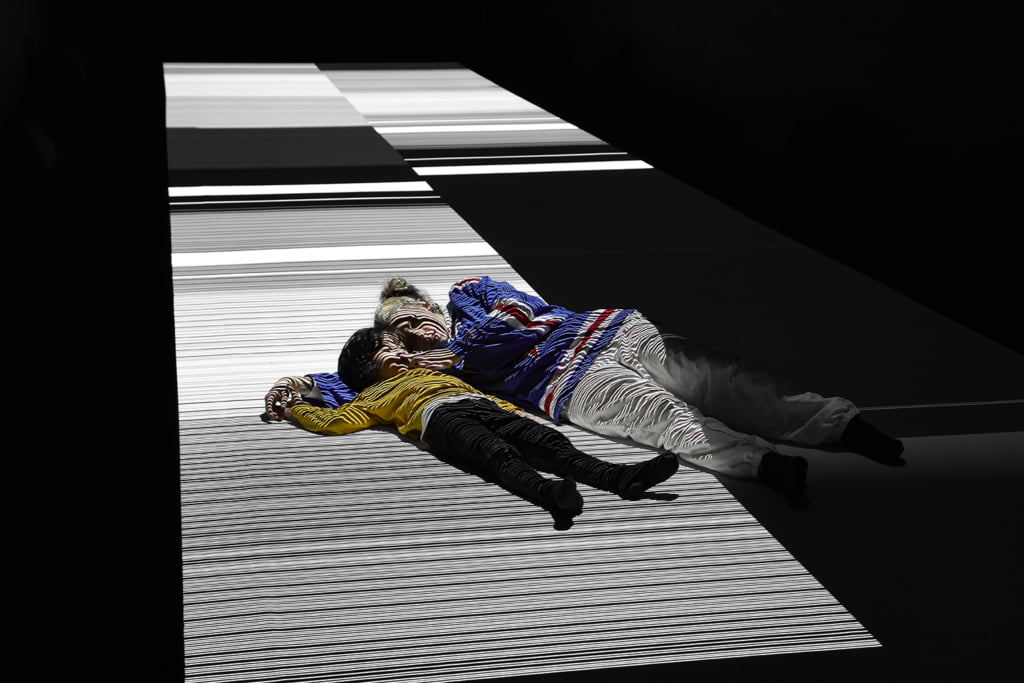
© Jack Hems, 180 The Strand, 2021.
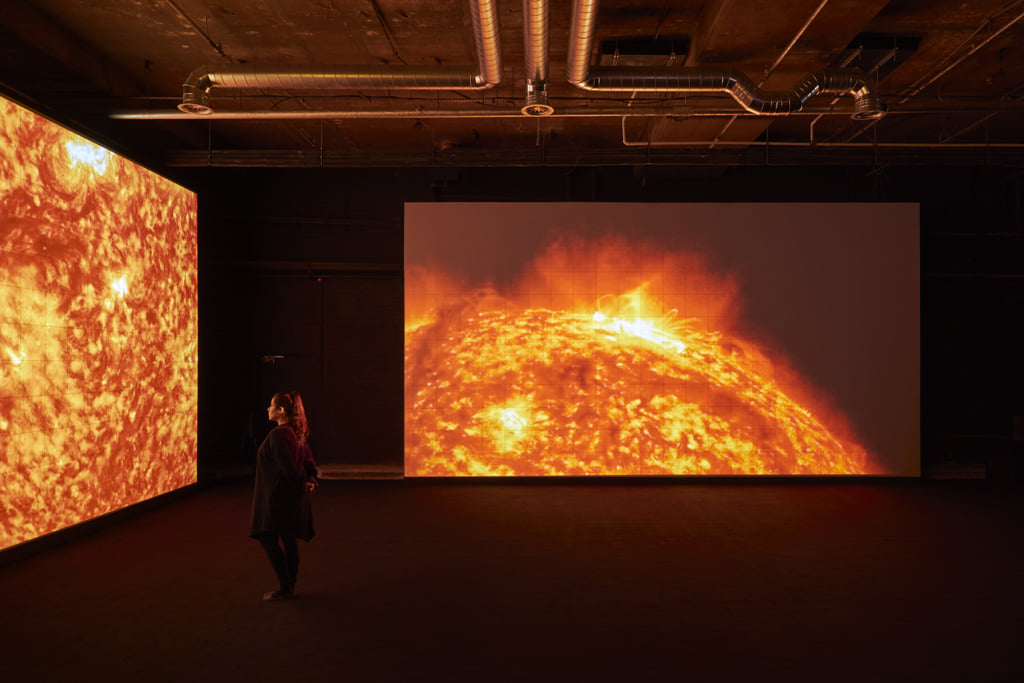
© Jack Hems, 180 The Strand, 2021.
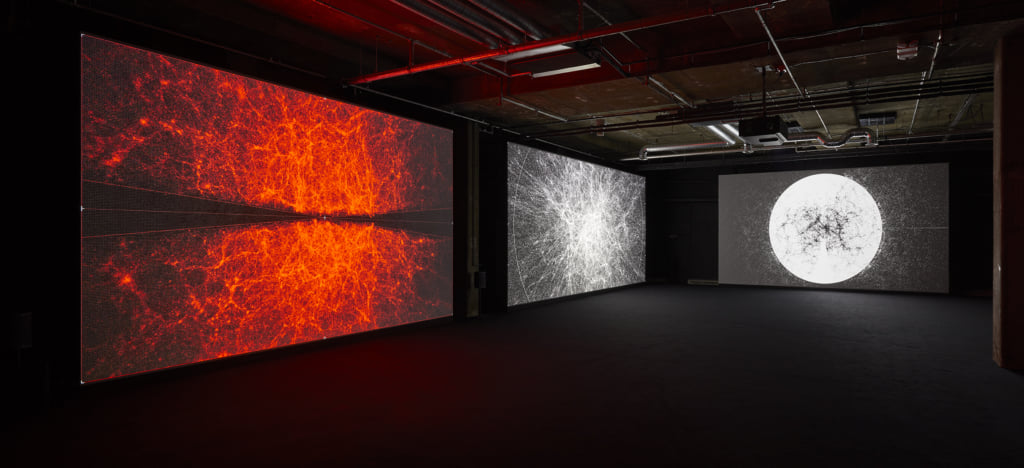
© Jack Hems, 180 The Strand, 2021.
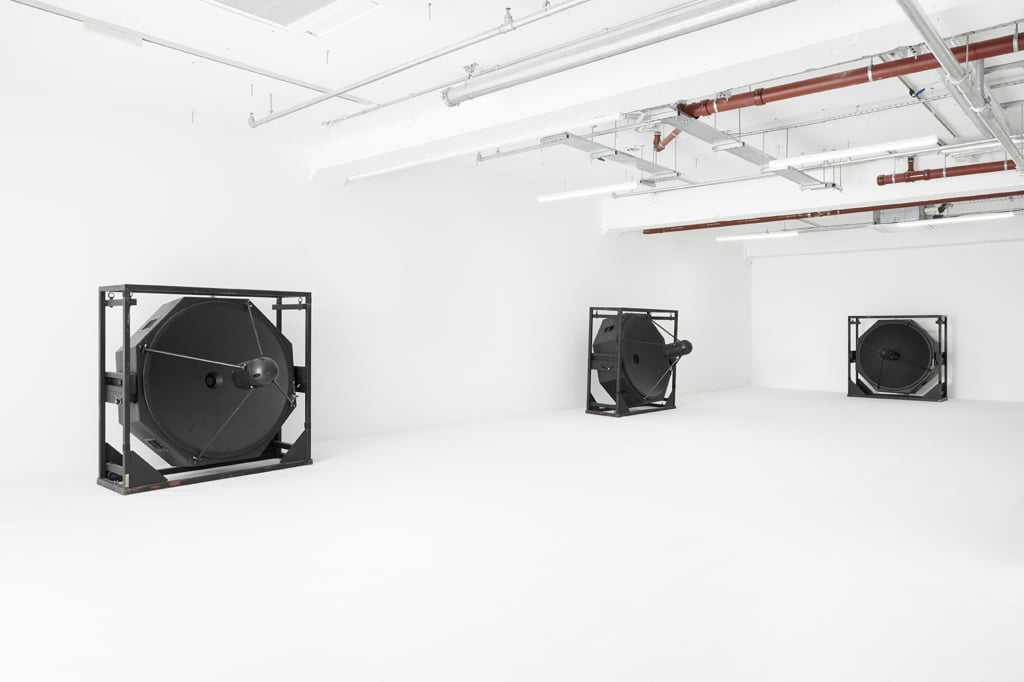
© Jack Hems, 180 The Strand, 2021.
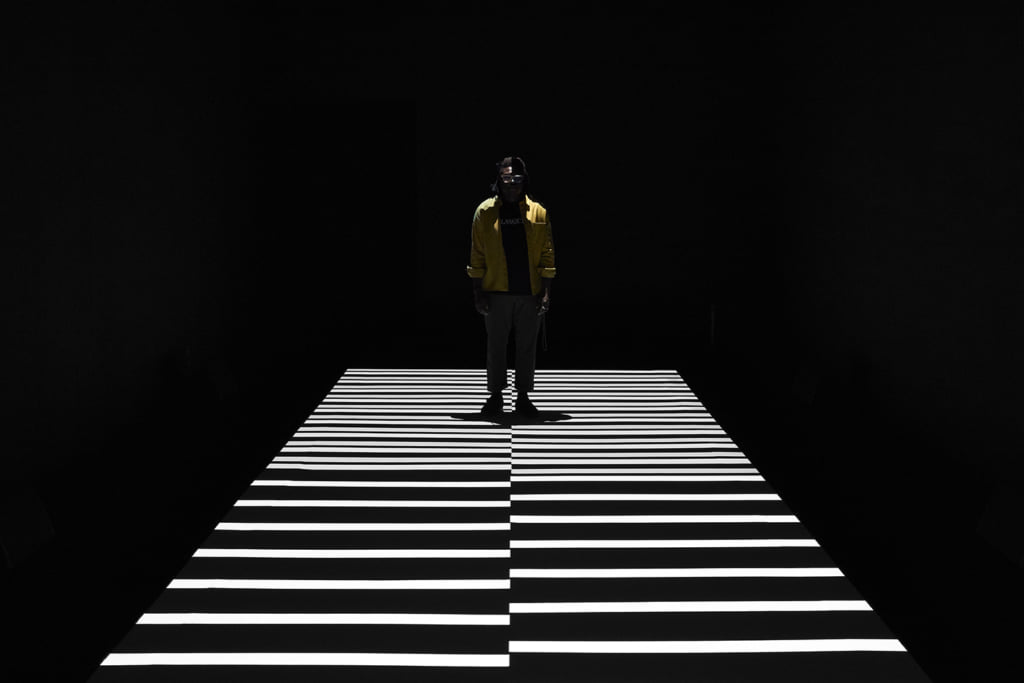
© Jack Hems, 180 The Strand, 2021.
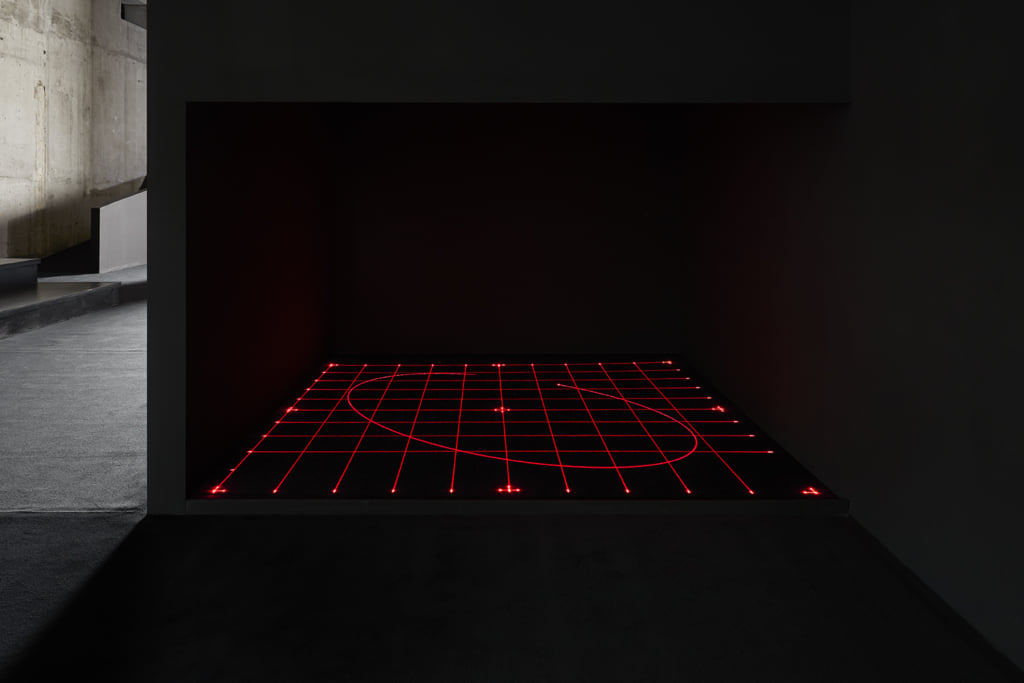
© Jack Hems, 180 The Strand, 2021.
TRENDING
-
A Rare Japanese Garden Hidden Within Honen-in Temple in Kyoto
Visible only twice a year, ‘Empty River’, designed by landscape architect Marc Peter Keane, evokes the carbon cycle.

-
Colour Photos of Yakuza Tattoos from the Meiji Period
19th-century photographs have captured the usually hidden tattoos that covered the bodies of the members of Japanese organised crime gangs.

-
Modernology, Kon Wajiro's Science of Everyday Observation
Makeup, beard shape, organisation of cupboards and meeting places: all of these details decipher 1920s Tokyoites.

-
Recipe for Ichiraku Ramen from ‘Naruto’ by Danielle Baghernejad
Taken from the popular manga with the character of the same name who loves ramen, this dish is named after the hero's favourite restaurant.

-
Hitachi Park Offers a Colourful, Floral Breath of Air All Year Round
Only two hours from Tokyo, this park with thousands of flowers is worth visiting several times a year to appreciate all its different types.

